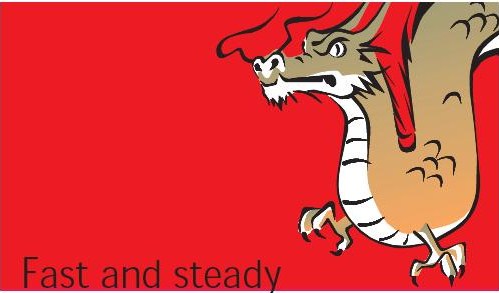Articles in the Articles Category

Lennard Huisman, John Dawson and Peter J G Teunissen
The Asia-Pacific regional geodetic reference frame, presently characterized as a patchwork of national and regional datums, is below the standard that is now available, and expected, in other regions of the world such as Europe (Bruyninx et al, 2001), South America (Luz et al 2002) and North America (Henton et al 2007).

Matthew Anseau
As the consumer satellite navigation industry continues to evolve, it is interesting to look at the various business models of the industry players and how these drive their market positioning. At a basic level, we see two types of business models currently in the industry. On one side, there are the map providers; a mixture of global and regional/local players and on the other, data-driven technology firms such as Google (Google Maps) and Microsoft (Bing Maps). Whilst the former have expertise in map development and navigation, the latter tend to be stronger in content acquisition and management.
May 2011: FIG Working Week 2011, 18 – 22 May, Marrakech, Morocco, www.fig.net;
5th GNSS Vulnerabilities and Solutions Conference, 23 – 25 May, Baska, Krk Island, Croatia, http://www.rin.org.uk/;

I was given the title of this article “How Japan is managing the disaster of this magnitude?” by the Coordinates magazine but I dare to say that Japan is not yet managing the disaster but suffering from the hardships. Though all Japanese people are in mourning the sorrow, I feel it should be my duty as an old scholar to report on the biggest earthquake and Tsunami to the rest of the world. I hope that my report would be useful to prevent the similar misery.

An earthquake of magnitude 9.0 occurred on 11th of March at 14:46 in the east of Japan, causing a tsunami which hit the east coast, and made extensive damages in five prefectures: Aomori, Iwate, Miyagi, Fukushima and Ibaraki, and has made direct and indirect impacts to the other nearby provinces including Saitama, Chiba, Tokyo and Kanagawa prefectures. As of March 21, the confirmed number of death is 8,450 with reported missing 12,931. Thus, the total casualty may be over more than 21,000 people, and therefore making it as the worst disaster Japan has experienced after the World War II.

Today, mobile devices are not only tools for the communications but also personal assistants. People could use the mobile device built-in Global Positioning System (GPS) receiver to search for information based on his/her location, thus called Location Based Service (LBS). However, due to the GPS signal propagation limit, the positioning and navigation services are discontinued when the user enters the indoor environments. When users are in the indoor environments, how to continuously obtain their locations becomes a popular research topic.

Recommendations of the National Commission on Urbanization (NCU), set up in 1985, covered the aspects of emergence of nodal points; special regional characteristics of urban growth; spatial eco-tones of urbanization; spatial distribution of wheat and rice productivity and industrial employment; and spatial planning of settlements . Besides other analysis, it studied the spatial distribution of cities and urban agglomerations in 1971 and 1981 .
April 2011, 6th National GIS Symposium in Saudi Arabia, 24-26 April, Khobar, Saudi Arabia, www.saudigis.org ; Geo- Siberia 2011, 27-29 April, Novosibirsk, Russia, www.geosiberia.sibfair.ru/eng/












 (5.00 out of 5)
(5.00 out of 5)